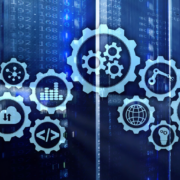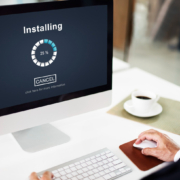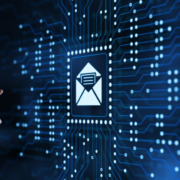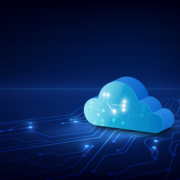Technology Trends of 2026
Technology continues to evolve at a rapid pace, and 2026 is shaping up to be a year where innovation becomes more practical, more secure, and more integrated into everyday business operations. Rather than chasing flashy new tools, organizations are focusing on technologies that improve efficiency, protect data, and support long-term growth.
At ZTek Solutions, we help businesses understand which technology trends matter and how to apply them in ways that deliver real value. Below are some of the key technology trends shaping 2026 and what they mean for organizations of all sizes.
Artificial Intelligence Becomes a Standard Business Tool
Artificial intelligence is no longer experimental. In 2026, AI is embedded into everyday business systems, helping organizations automate routine tasks, analyze data more efficiently, and improve decision-making.
Businesses are using AI to streamline operations, reduce manual work, and gain insights that would be difficult to uncover through traditional methods. When implemented thoughtfully, AI helps teams work faster and more accurately while freeing employees to focus on higher-level responsibilities.
Cybersecurity Takes a Proactive Approach
As reliance on technology increases, cybersecurity continues to be a top priority. In 2026, organizations are moving beyond basic protection and adopting proactive security strategies designed to detect and respond to threats early.
This includes stronger authentication methods, continuous monitoring, and security tools that identify unusual behavior before it leads to disruption. Businesses that prioritize cybersecurity reduce risk, protect sensitive data, and maintain trust with customers and partners.
Cloud Technology Becomes More Strategic
Cloud technology remains a cornerstone of modern IT environments, but in 2026 the focus is on strategy rather than simple adoption. Organizations are choosing cloud solutions based on performance needs, cost control, and compliance requirements.
Hybrid and multi-cloud environments allow businesses to balance flexibility with control. A well-planned cloud strategy helps organizations scale efficiently while supporting collaboration and remote access.
Automation Expands Across the Organization
Automation is no longer limited to IT departments. In 2026, businesses are using automation to improve workflows across many areas, including operations, customer service, and administrative processes.
By reducing repetitive tasks and minimizing manual errors, automation helps organizations improve consistency and productivity. This allows internal teams to spend more time on strategic initiatives and less time on routine work.
Technology Supports Remote and Hybrid Work
Remote and hybrid work models remain a permanent part of the modern workplace. Technology continues to evolve to support communication, collaboration, and secure access for distributed teams.
Organizations are investing in tools that help employees stay connected, productive, and secure regardless of location. The goal is not just enabling remote work, but creating a seamless experience that supports teamwork and accountability.
Data Privacy and Responsible Technology Use
As businesses collect and use more data, expectations around privacy and responsible technology use continue to grow. In 2026, organizations are paying closer attention to how data is stored, accessed, and protected.
Clear policies, strong security controls, and ethical data practices help businesses build trust and meet regulatory expectations. Responsible technology use is becoming a key part of long-term business strategy.
Sustainability Influences Technology Decisions
Sustainability is playing a larger role in technology planning. Businesses are considering energy efficiency, hardware lifecycle management, and resource usage when making IT decisions.
Technology that supports sustainability goals can reduce costs while aligning with broader environmental and social expectations. This trend reflects a growing focus on responsible and efficient operations.
Preparing for the Future
The technology trends of 2026 emphasize practicality, security, and flexibility. Businesses that stay informed and plan strategically are better positioned to adapt to change and take advantage of new opportunities.
At ZTek Solutions, we help organizations navigate evolving technology trends and implement solutions that support performance, security, and growth. With the right approach, technology becomes a powerful tool for building resilience and staying competitive in the years ahead.
ZTek Solutions is a Managed Service Provider based out of Miami Lakes, FL has over 60 years of combined experience in designing, implementing, securing, and managing IT Infrastructure at all levels. Solutions include Managed IT, Cybersecurity, IT Consulting, Cloud Services, Structured Cabling, Video Surveillance, Telecommunications, and Compliance.










